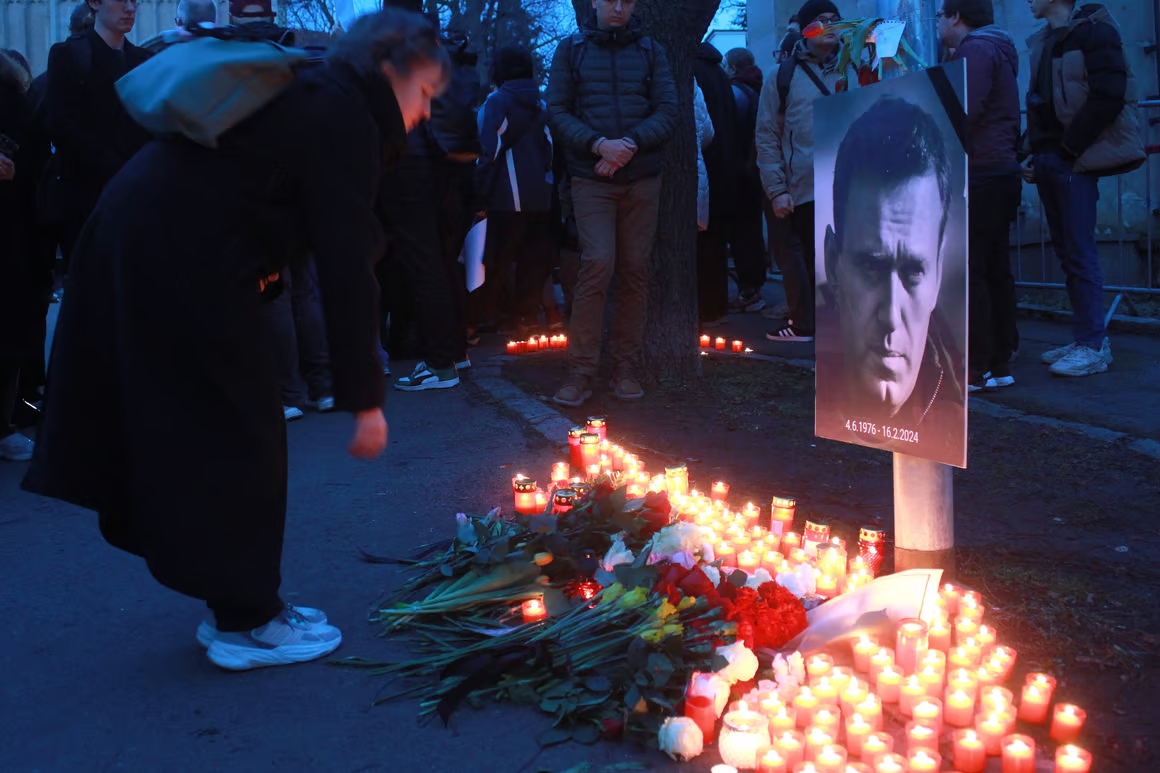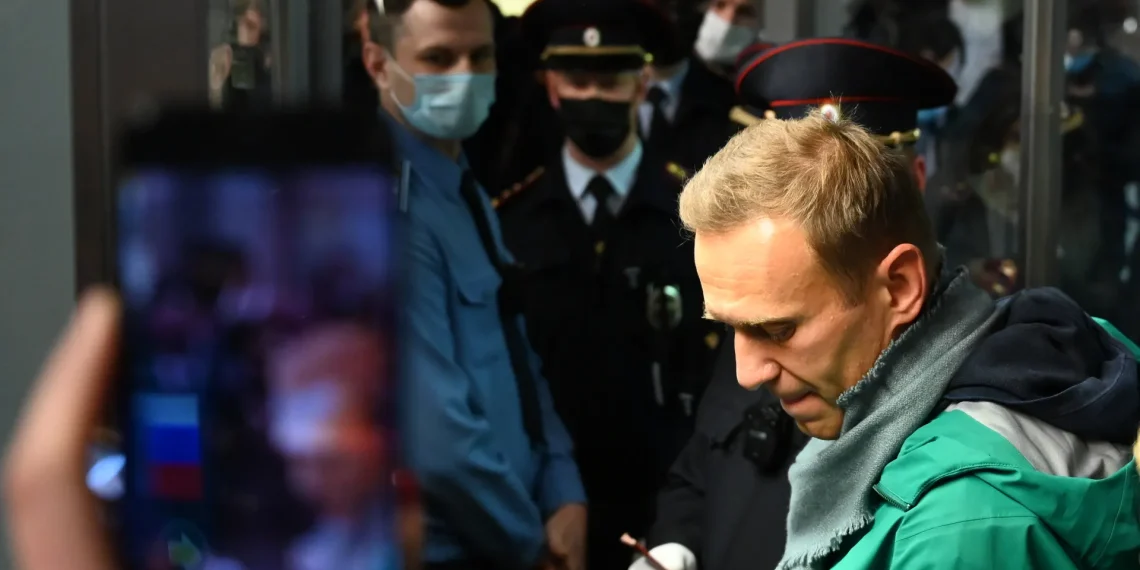The passing of Alexey Navalny, once a beacon of hope for opposition in Russia, casts a shadow over the nation’s political landscape. Navalny’s activism, marked by protests, arrests, and a near-fatal poisoning, symbolized resistance to Putin’s authoritarian regime.
Despite relentless persecution, Navalny maintained his defiance and sense of humor, even in the face of a parody of justice during his trials.
Navalny’s death comes as Putin solidifies his grip on power, heading for a fifth term in a carefully orchestrated presidential election.
With opposition voices silenced and dissent stifled by draconian laws, Navalny’s demise marks the end of an era for Russian activism. His absence leaves a void in the opposition movement, once fueled by his investigative journalism and mobilizing influence.

The Kremlin’s response to Navalny’s death is telling, reflecting Putin’s deep unease with the legitimacy Navalny garnered as a prominent opposition leader. Putin’s reluctance to even utter Navalny’s name underscores the threat he perceived from democratic dissent.
Navalny’s humor in the face of Putin’s avoidance tactics highlighted the stark contrast between the two figures.
Navalny’s passing dims the prospects for dissent in Russia, where once-massive protests and investigative exposés now face stifling censorship. The legacy of Navalny’s activism serves as a reminder of the ongoing struggle for political freedom in Russia and the formidable challenges faced by those who dare to oppose Putin’s rule.





